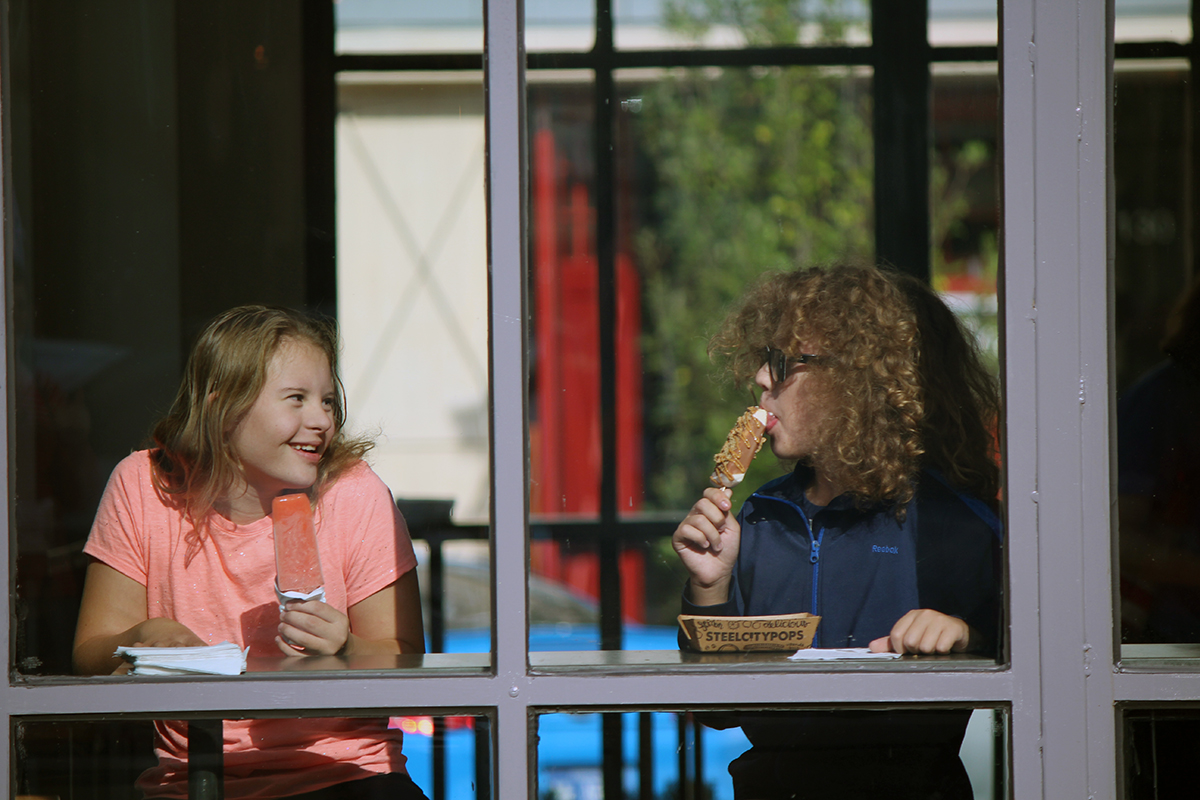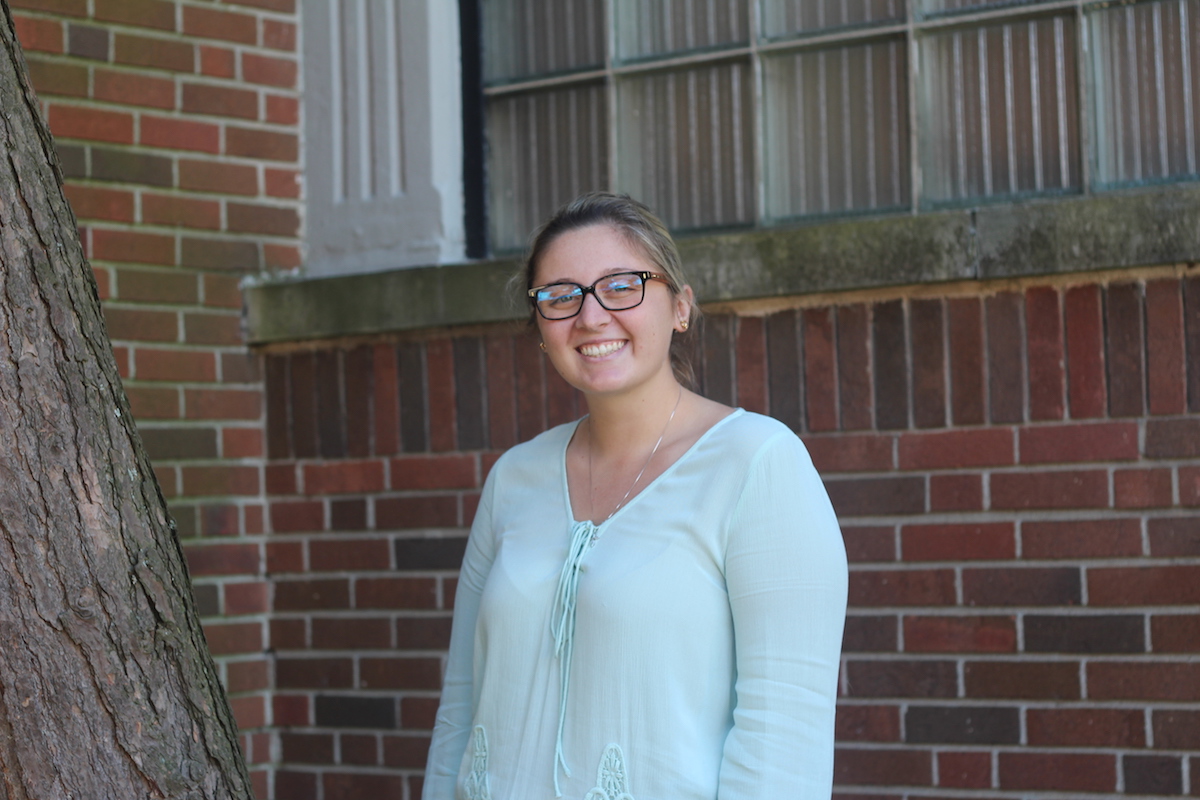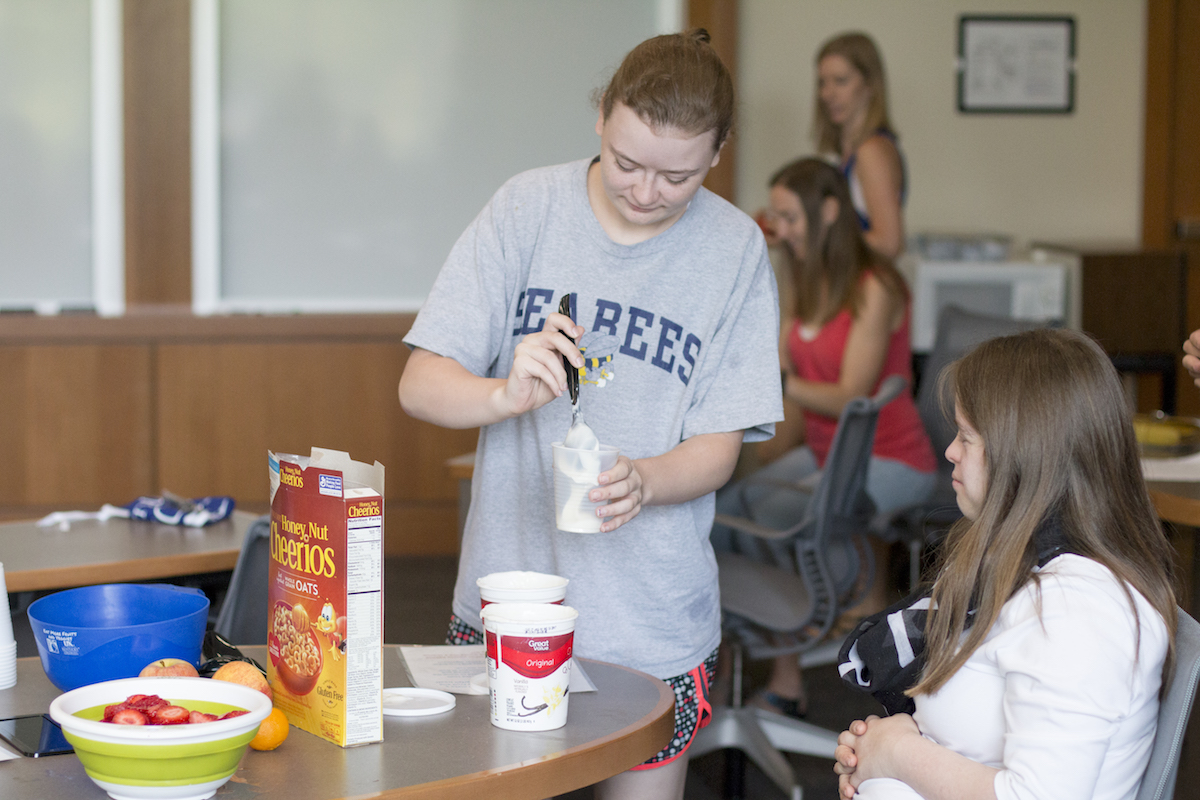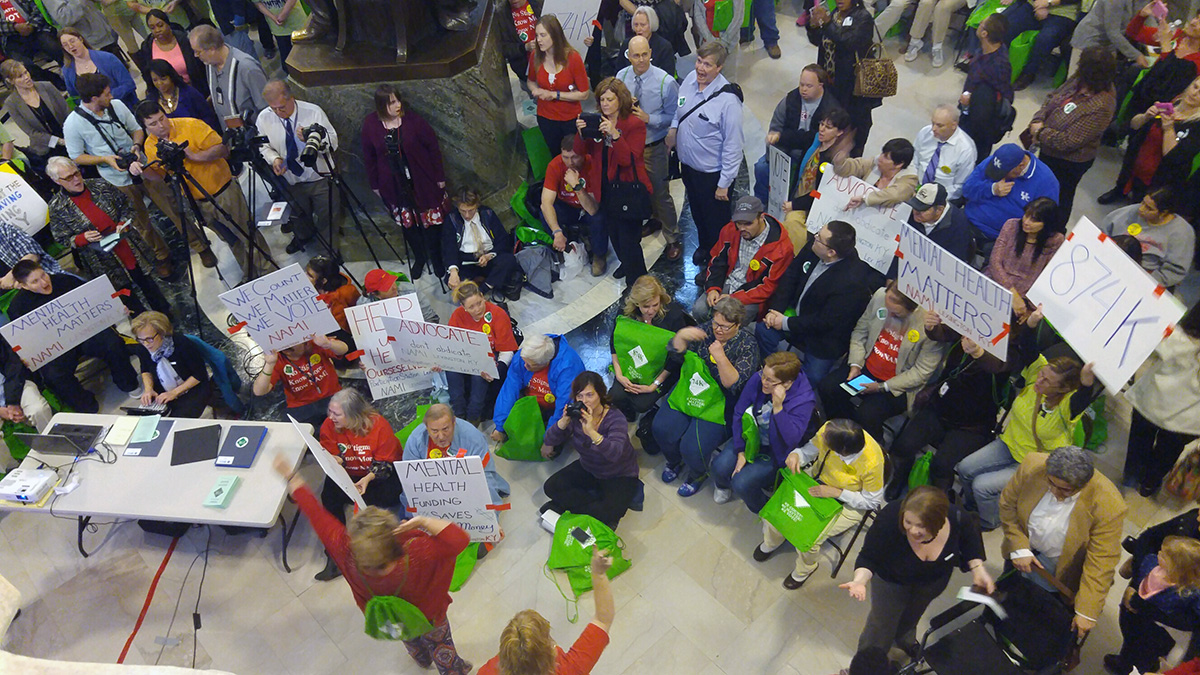The Center for Assistive Technology Services at HDI is planning an open house and grand opening from 3:00 -5:00pm on February 9. Join us for a tour, demonstrations and refreshments! Continue reading


The Center for Assistive Technology Services at HDI is planning an open house and grand opening from 3:00 -5:00pm on February 9. Join us for a tour, demonstrations and refreshments! Continue reading

A Qualitative Study of the Impact of Peer Networks and Peer Support Arrangements in Project Pilot Schools
by Patti Logsdon, Mark Samudre, & Harold Kleinert
Photo by Andy and Justin Meredith
Research tells us that making friends can be especially hard for students with significant disabilities. Peer support arrangements and peer networks are evidence-based interventions that involve identifying and equipping a group of peers to provide ongoing support to individual students with significant disabilities in or outside of the classroom. Within inclusive, general education classrooms, peer support arrangements train students (typically 2-3 students) to provide academic and social supports to a student with significant disabilities during ongoing classroom activities.

by Bill Mazzoleni
Mary Comis is from Raleigh, North Carolina. She was attending Duquesne University for undergrad work in Pittsburgh; however, she is now attending UK. Her area of study is School Psychology.
Her current work at HDI is trainee for certificate program for developmental disability. She is interested in doing work at HDI because it’s related to her field of study. She will be interacting with people with all ranges of disabilities. It is important for her to understand certain circumstances they may experience.
When it comes to her ice cream flavor, she can be found devouring strawberry. As far as books are concerned, she doesn’t read much for fun, but she does have a preference for Pride and Prejudice. Her favorite hobby is cooking. She has a dog named Nala, who is part pit-bull and part Border collie.

by Amanda Corbin
Education and early intervention, self-advocacy, employment, housing, transportation, childcare, and community supports were all listed as areas of need by service providers, family members and self-advocates in the statewide 2017 Joint Needs Assessment Survey.

“The Independent Living movement is a reaction to the dehumanizing process inherent in the medical model and to the need for civil rights, equal access, and equal opportunity. Your ability to self-advocate is the only way that your individualized and unique desires for life will actualize. For that reason, you should speak your mind and live your life!” – Willis Deitz Continue reading